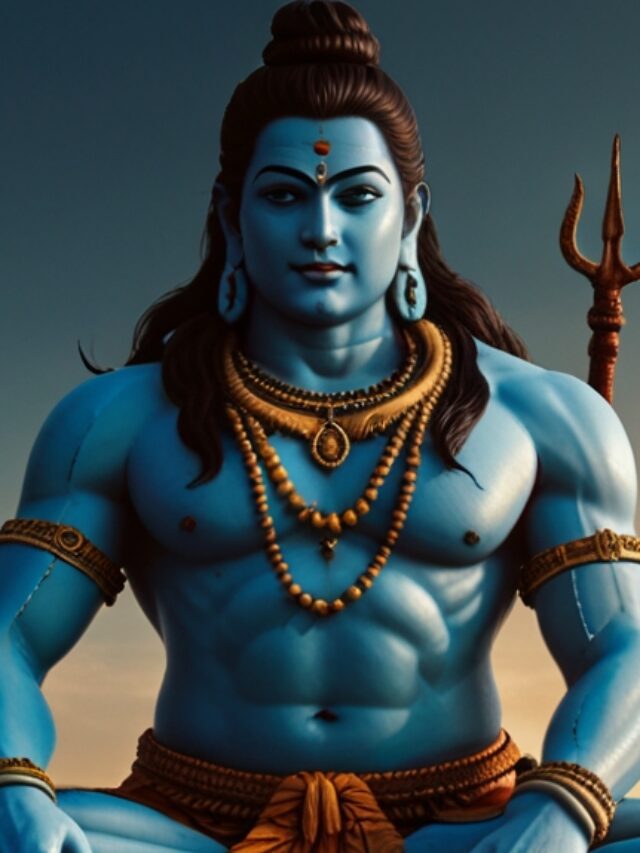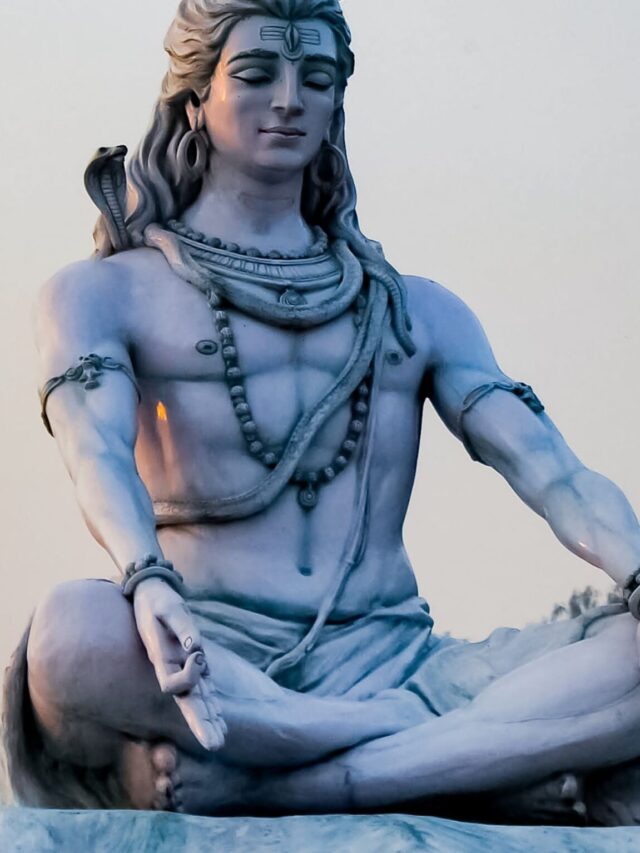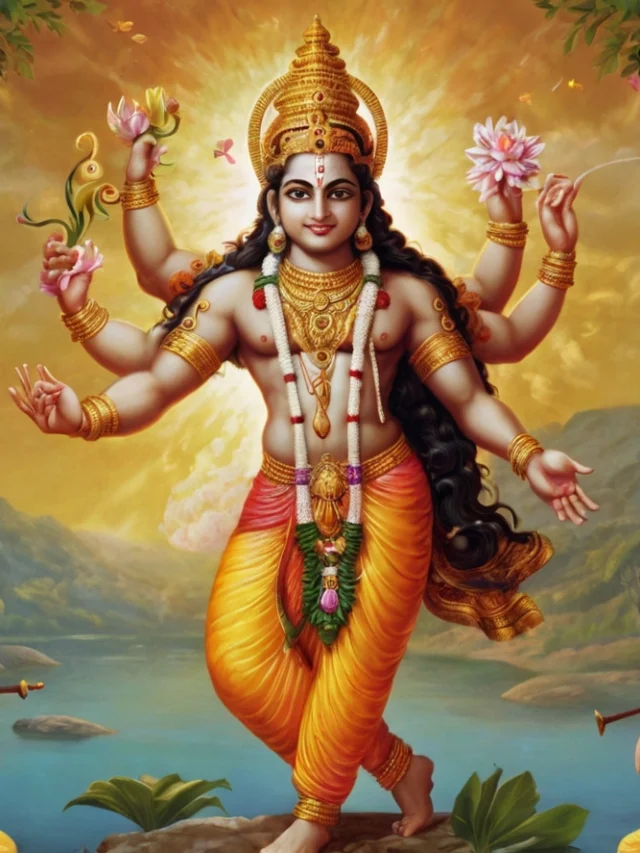The Pandavas’ Secret Exile in the Mahabharata:The Year of Disguise. During the final year of their 13-year exile in the Mahabharata, the Pandavas must live incognito to avoid detection by their enemies. Disguised in various roles within the kingdom of Matsya, Yudhishthira becomes a courtier, Bhima a cook, Arjuna a dance teacher, Nakula a stable keeper, Sahadeva a cowherd, and Draupadi a maidservant. Their clever disguises and resourcefulness are tested through numerous challenges, including Draupadi’s harassment by Kichaka and a battle against the Kauravas. The Pandavas’ successful concealment and resilience ensure they emerge from this period ready to reclaim their kingdom and confront their destiny in the epic’s climactic war.
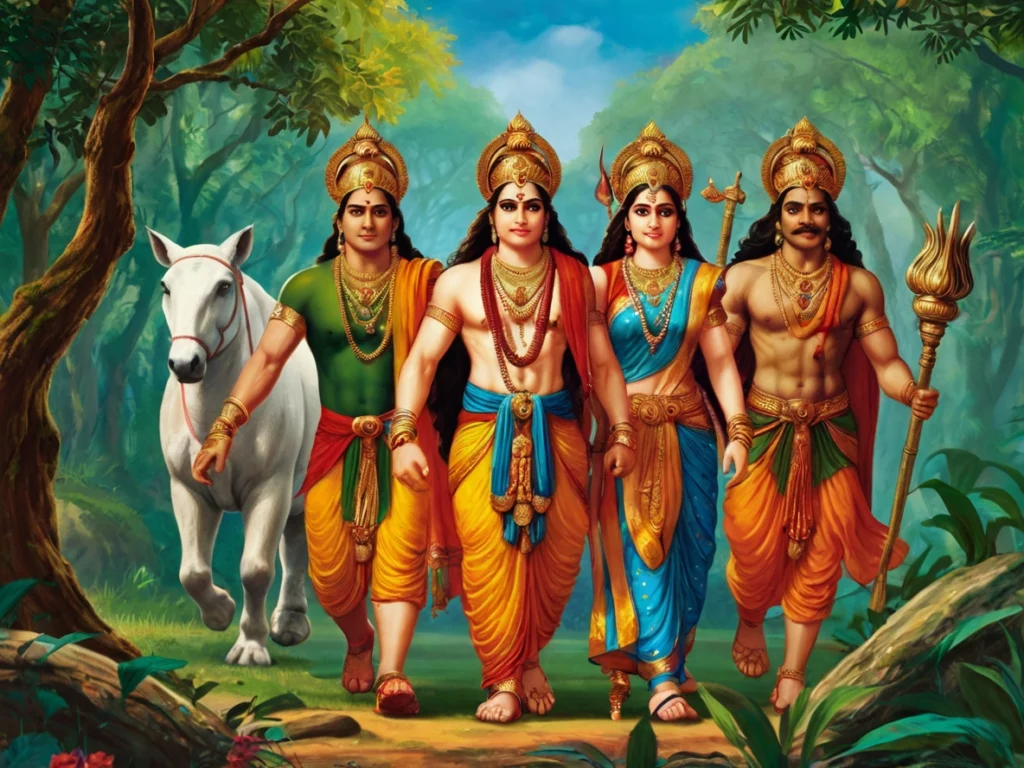
The year of disguise
The year of disguise, also known as the Agyatvas or the incognito year, is a crucial part of the Pandavas’ 13-year exile in the epic Mahabharata. After losing their kingdom in a game of dice to the Kauravas, the Pandavas — Yudhishthira, Bhima, Arjuna, Nakula, and Sahadeva — along with their wife Draupadi, were forced into exile for 12 years, followed by a year of living in disguise. The challenge was that if they were discovered during this final year, they would have to repeat the entire period of exile.
The Plan for the Year of Disguise
As the end of the 12-year exile approached, the Pandavas began to prepare for their incognito year. They decided to enter the kingdom of Matsya, ruled by King Virata, and adopt various disguises to conceal their true identities. Each Pandava chose a role that would allow them to remain hidden while also utilizing their skills:
Yudhishthira as Kanka: Yudhishthira, the eldest Pandava and a man known for his wisdom and knowledge of the scriptures, assumed the role of Kanka, a brahmin courtier and adviser to King Virata. He became a dice-playing companion of the king, which allowed him to stay close to the royal court without arousing suspicion.
Bhima as Vallabha: Bhima, the second Pandava, renowned for his immense strength and appetite, took on the identity of Vallabha, a cook in King Virata’s kitchen. In this role, he not only prepared food for the royal family but also engaged in wrestling matches, showcasing his might without revealing his true identity.
Arjuna as Brihannala: Arjuna, the third Pandava, who had been cursed by the apsara Urvashi to live as a eunuch for a year, used this curse to his advantage during the incognito period. He assumed the guise of Brihannala, a eunuch who taught dance, music, and singing to Princess Uttara, the daughter of King Virata. This disguise allowed him to remain unnoticed and fulfill the conditions of Urvashi’s curse.
Nakula as Granthika: Nakula, the fourth Pandava, known for his skills in animal husbandry, became Granthika, a caretaker of horses in King Virata’s stables. His knowledge of horses and his ability to tend to them with great care made him an invaluable asset to the royal stable, where he could remain hidden from the public eye.
Sahadeva as Tantripala: Sahadeva, the youngest Pandava, who was skilled in cattle management, assumed the role of Tantripala, a keeper of cows. He managed the cattle of King Virata, ensuring that they were well taken care of, while also staying out of the limelight.
Draupadi as Sairandhri: Draupadi, the wife of the Pandavas, took on the role of Sairandhri, a maidservant to Queen Sudeshna, the wife of King Virata. In this guise, Draupadi served the queen, living in the inner chambers of the palace and staying away from public view.
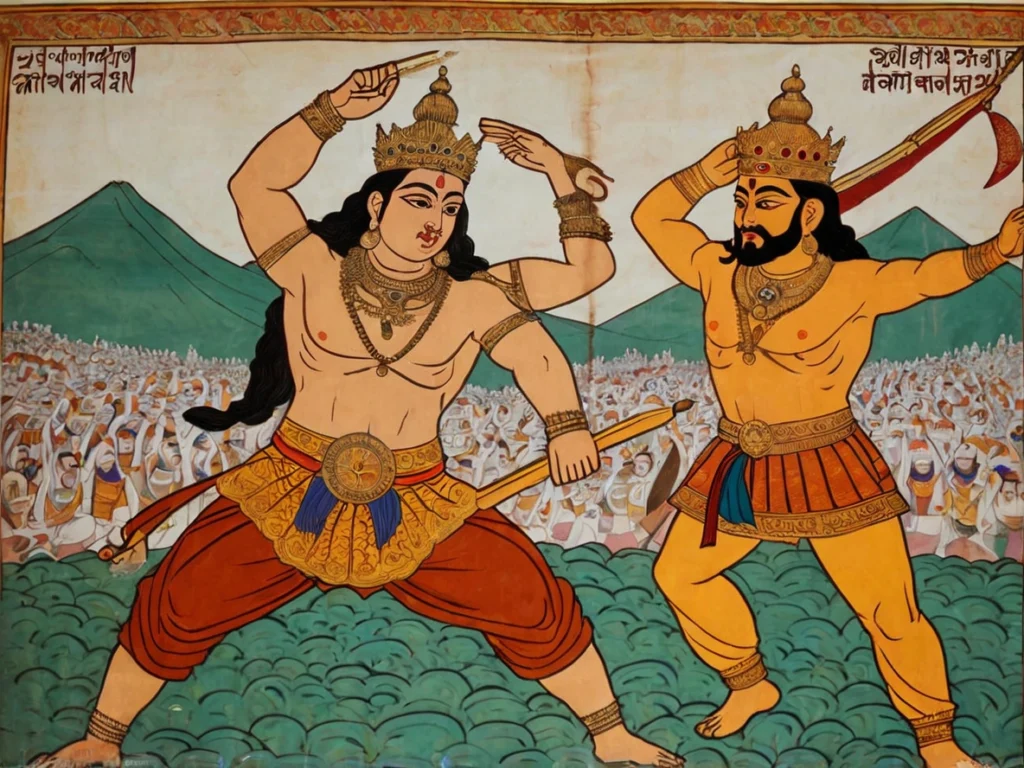
Life During the Incognito Year
During their year in disguise, the Pandavas faced several challenges that threatened to reveal their true identities. Draupadi, as Sairandhri, was harassed by Kichaka, the powerful brother-in-law of King Virata, who was infatuated with her beauty. When Kichaka attempted to force himself upon her, Draupadi sought Bhima’s help. Bhima, in his disguise as Vallabha, lured Kichaka into a trap and killed him in a brutal fight, which created a stir in the kingdom but did not expose their identities.
Similarly, when the Kauravas, led by Duryodhana, suspected that the Pandavas might be hiding in Matsya, they attacked the kingdom and tried to seize Virata’s cattle. To defend the kingdom, Arjuna, disguised as Brihannala, took charge of the army and fought valiantly against the Kauravas. Despite his feminine appearance, Arjuna’s unmatched skill in archery led to the defeat of the Kauravas. His prowess in battle, however, started raising doubts among the enemies about his true identity.
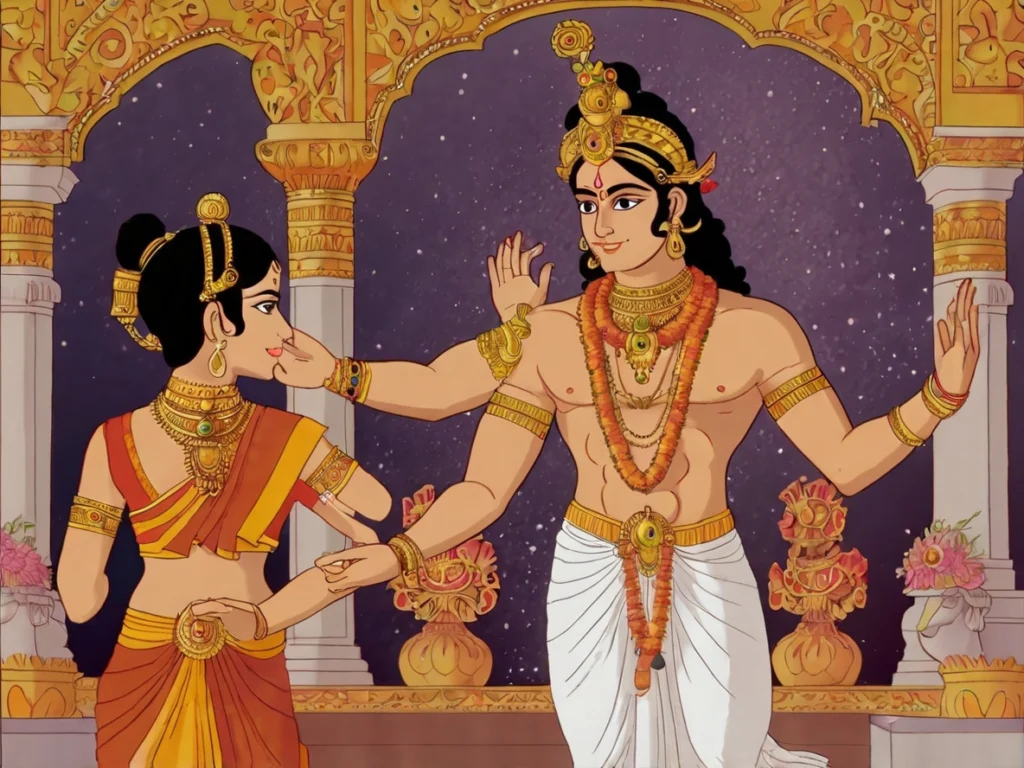
The Final Days of the Year in Disguise
The completion of the Pandavas’ year of exile, known as the Agyatvas or the year of disguise, is a pivotal moment in the Mahabharata. After successfully fulfilling their 12-year exile in the forest, the Pandavas entered the kingdom of Matsya, ruled by King Virata, to live incognito for the thirteenth year. If they were discovered during this final year, they would have to repeat the entire period of exile again, according to the terms set by Duryodhana. The end of this year marks a significant turning point in their journey back to reclaim their kingdom.
As the year drew to a close, the Pandavas faced several close calls and challenges that could have revealed their true identities. Among these was the incident involving Draupadi, who, in her guise as Sairandhri, a maidservant to Queen Sudeshna, was harassed by Kichaka, the powerful and arrogant brother-in-law of King Virata. When Kichaka tried to force himself upon her, Draupadi sought help from Bhima, who, in his disguise as the cook Vallabha, lured Kichaka into an encounter and killed him. The death of Kichaka caused a stir in the kingdom, raising suspicions about the true identities of the Pandavas.
Meanwhile, Duryodhana and the Kauravas began to suspect that the Pandavas might be hiding in the Matsya kingdom. To confirm their suspicions, they launched an attack on Matsya, targeting its cattle and attempting to draw out the Pandavas. The Kauravas believed that forcing the Pandavas to reveal themselves would break their incognito period and extend their exile.
The Battle with the Kauravas
During the attack, King Virata’s army was led by his son, Prince Uttara, who was inexperienced in battle. Arjuna, disguised as Brihannala, a dance and music teacher, offered to accompany Uttara as his charioteer. When Uttara realized the might of the Kaurava army, he panicked and attempted to flee. Arjuna then revealed his true identity to Uttara and, with his help, retrieved his divine weapons hidden in a Shami tree.
Once armed, Arjuna single-handedly fought the Kauravas and defeated them. He fought valiantly against warriors like Duryodhana, Karna, Dronacharya, and Bhishma, pushing them back and securing victory for Matsya. This battle, known as the Virata Parva, was crucial in demonstrating that the Pandavas had not lost their skills in combat, even after years in exile.
The Revelation and Aftermath
With the Kauravas defeated and the incognito period completed, the Pandavas revealed their true identities to King Virata. King Virata was astonished and honored to learn that he had unknowingly been hosting the Pandavas in his court. Grateful for their service and protection, he offered his daughter Uttara’s hand in marriage to Arjuna. However, Arjuna declined, stating that he had been her teacher and saw her as a daughter. Instead, he proposed that Uttara marry his son, Abhimanyu, a match that was happily accepted by all.
The revelation of their identities marked the successful completion of the Pandavas’ incognito year. The conditions set by the Kauravas had been fulfilled, and the Pandavas were now free to demand the return of their kingdom.
The Call for Peace and the Road to War
With their period of exile and disguise over, the Pandavas sought to reclaim their rightful share of the kingdom. Yudhishthira, the eldest Pandava, decided to pursue a peaceful resolution first. He sent emissaries, including Krishna, to the Kaurava court to negotiate a peaceful settlement. The Pandavas asked for their kingdom to be returned to them, or at the very least, five villages to rule.
However, Duryodhana, arrogant and unwilling to compromise, refused to give the Pandavas even a needlepoint of land. His refusal to heed the calls for peace led to a breakdown in negotiations, making war inevitable.

